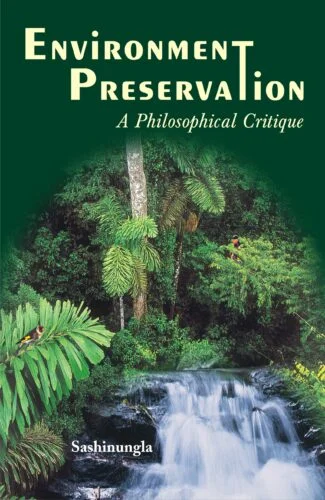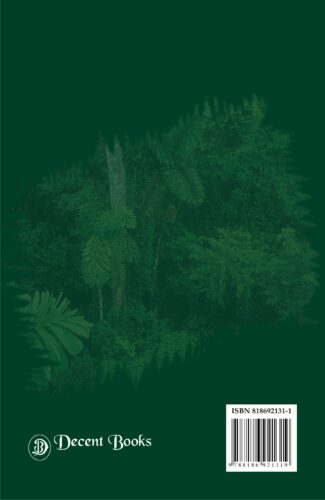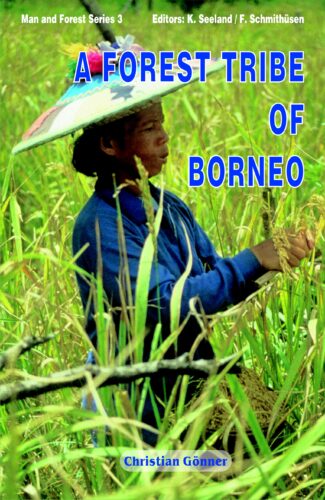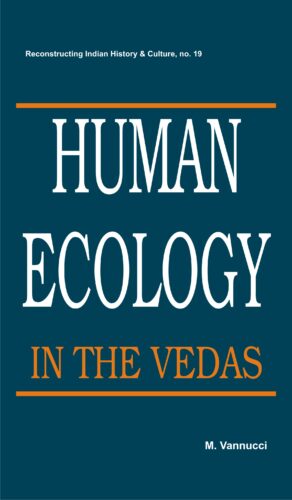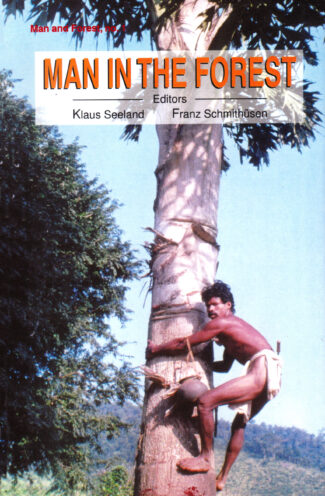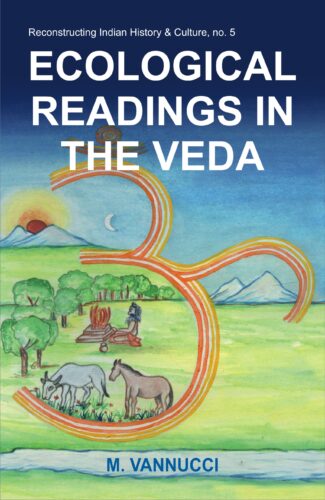

Environment Preserva...
Environment Preservation
A Philosophical Critique by: SashinunglaThe dominant ethical understanding and its preservation strategy is erroneous in itself to serve us with a more evaluative ethics to the present environmental crisis because its idea of Nature itself can also tend to be limited. The author explores the traditional tribal understanding of the close correlation between man and his environment for a new dialogue in philosophy.
Original price was: ₹280.00.₹252.00Current price is: ₹252.00.
ISBN: 9788186921319
Year Of Publication: 2005
Edition: 1st
Pages : viii, 152
Bibliographic Details : Bibliography; Index
Language : English
Binding : Hardcover
Publisher: Decent Books
Size: 23 cm.
Weight: 450
In an integrated and comprehensive framework, Environment Preservation: A Philosophical Critique takes a critical look at the increasing literatures and specific attempts at environmental preservation. The dominant ethical understanding and its preservation strategy, according to the author, is erroneous in itself to serve us with a more evaluative ethics to the present environmental crisis because its idea of Nature itself can also tend to be limited. The author turns away, therefore, from the sole western anthropocentric polemic and explores the traditional tribal understanding of the close correlation between man and his environment for a new dialogue in philosophy. The book will be imperative both to students at various undergraduate and post-graduate levels as well as to researchers. It will also interest anyone who wants to delve deeply into the philosophical issues of Nature preservation..
Preface
1. Introduction
2. Concept of Environment Preservation
3. Nature vs. Environment
4. Critique of Preservation Schemes
5. The Ao vision of Nature Preservation
6. Conclusion
Bibliography
Index


